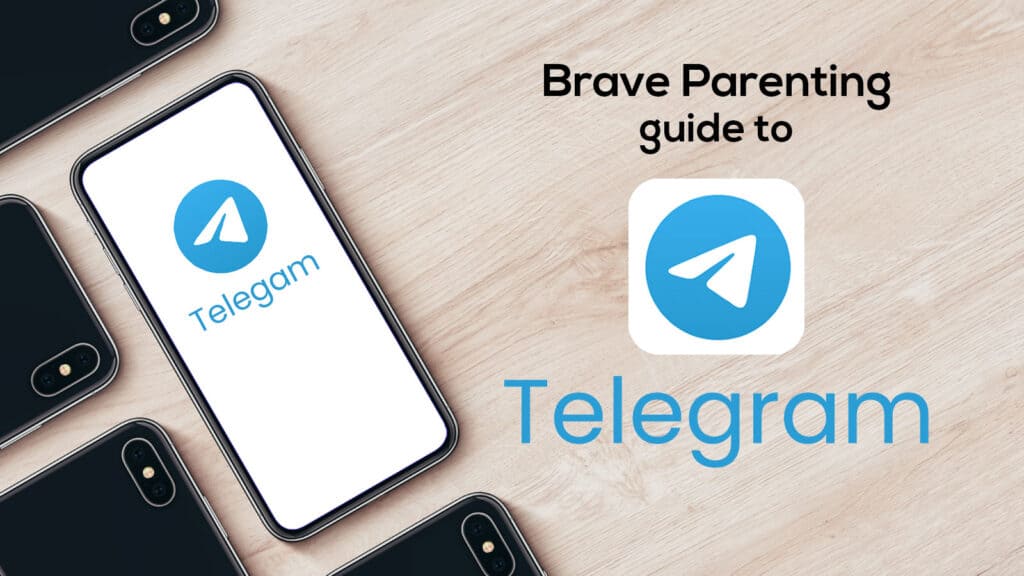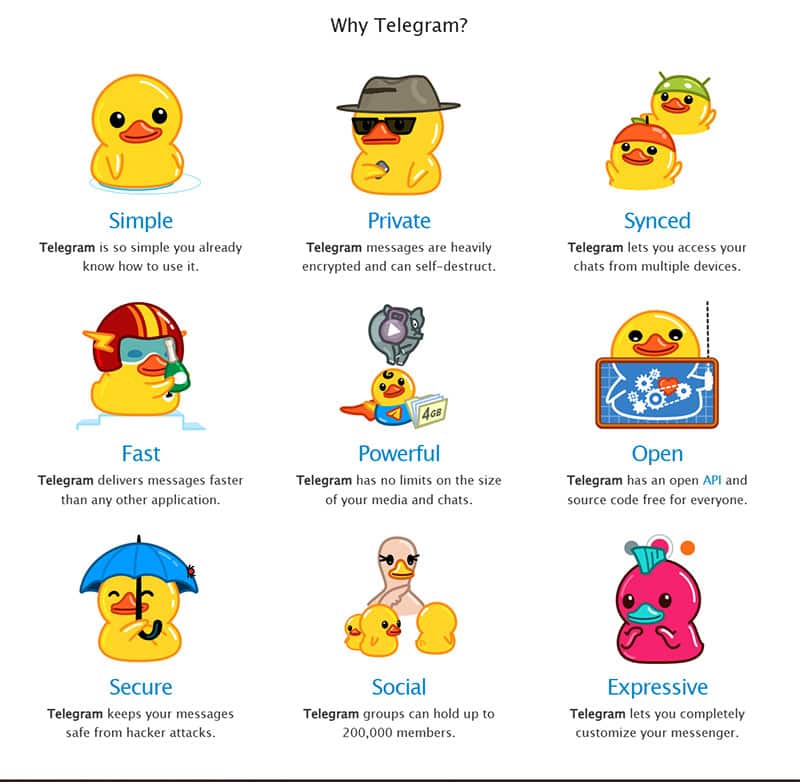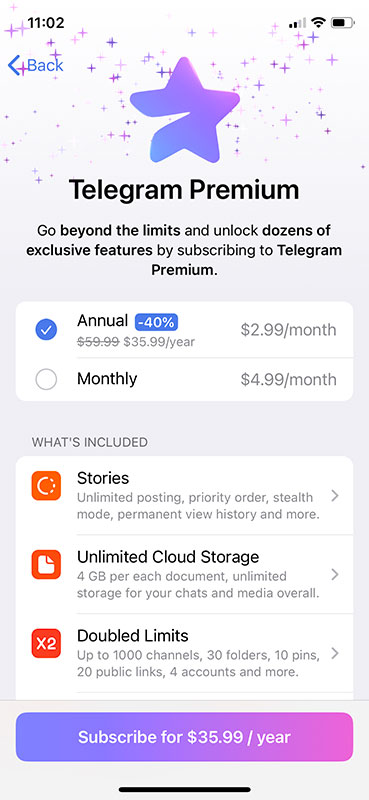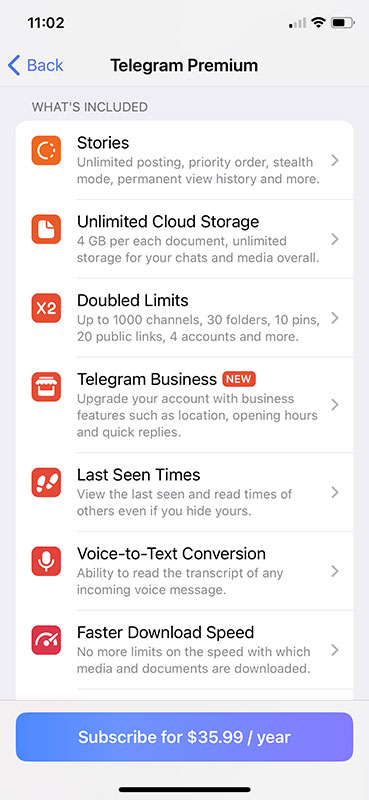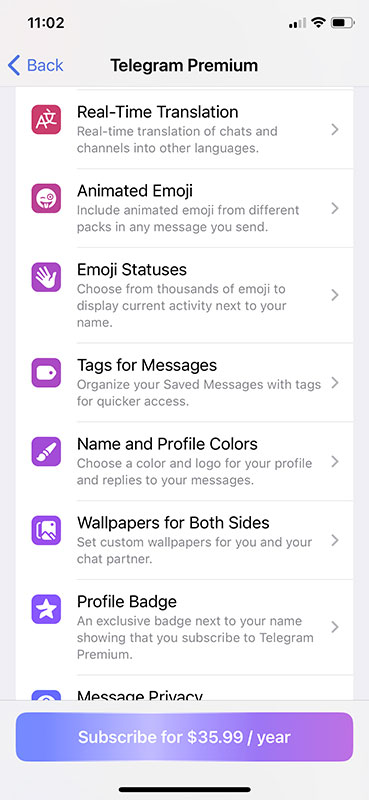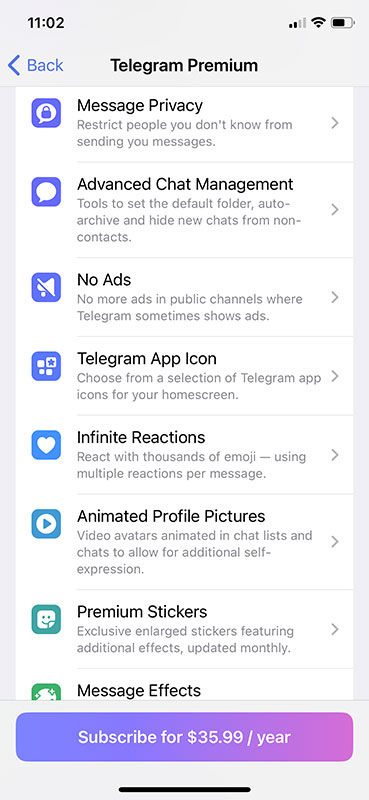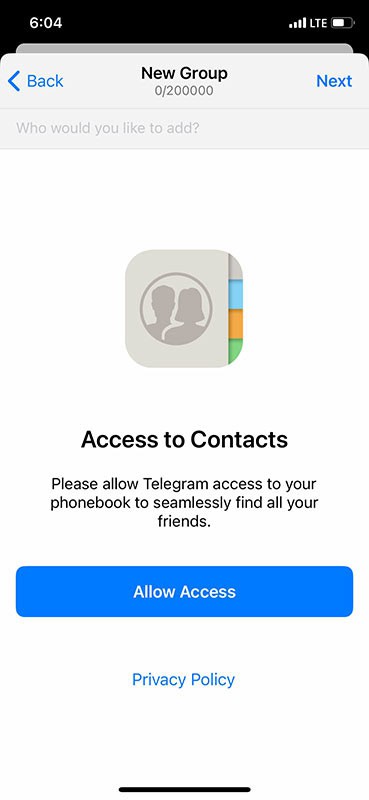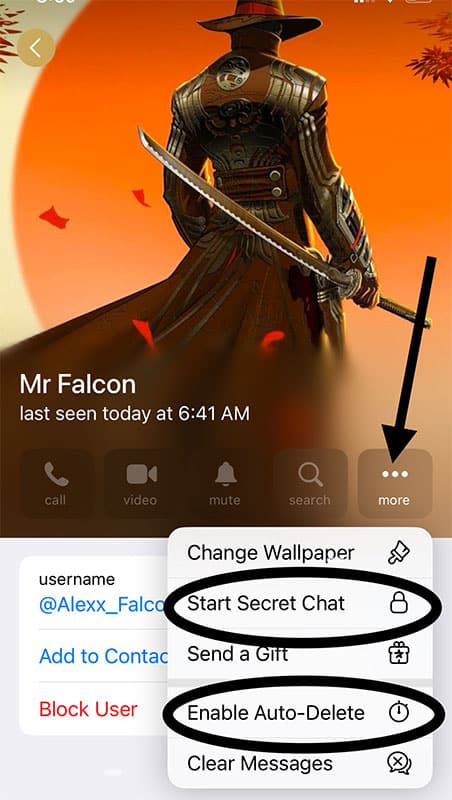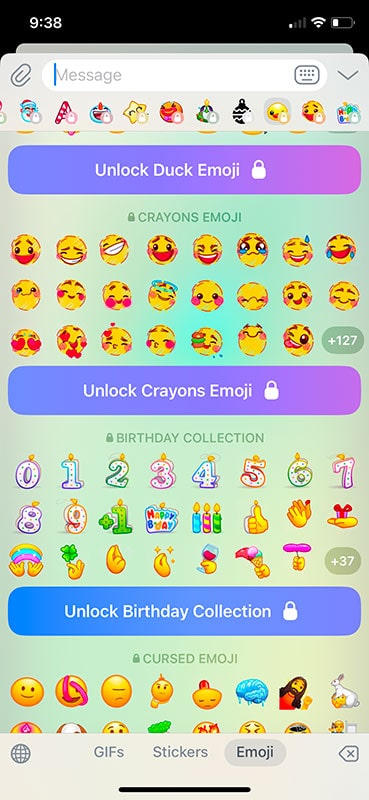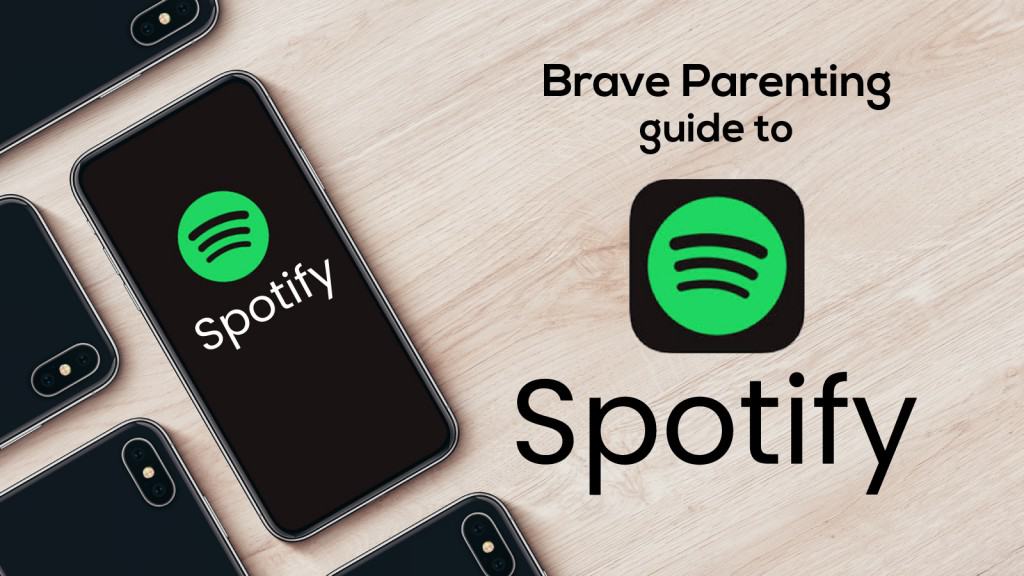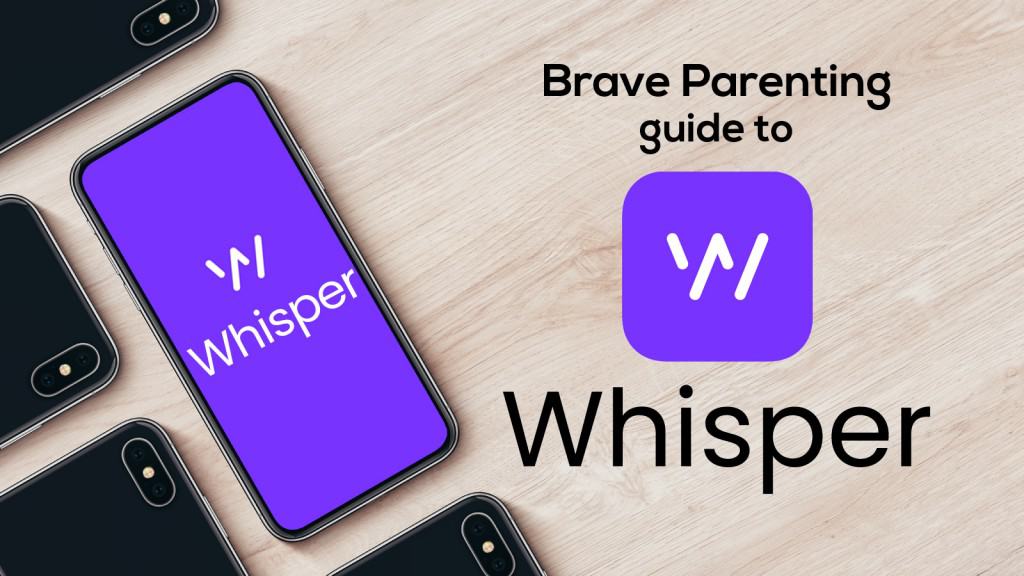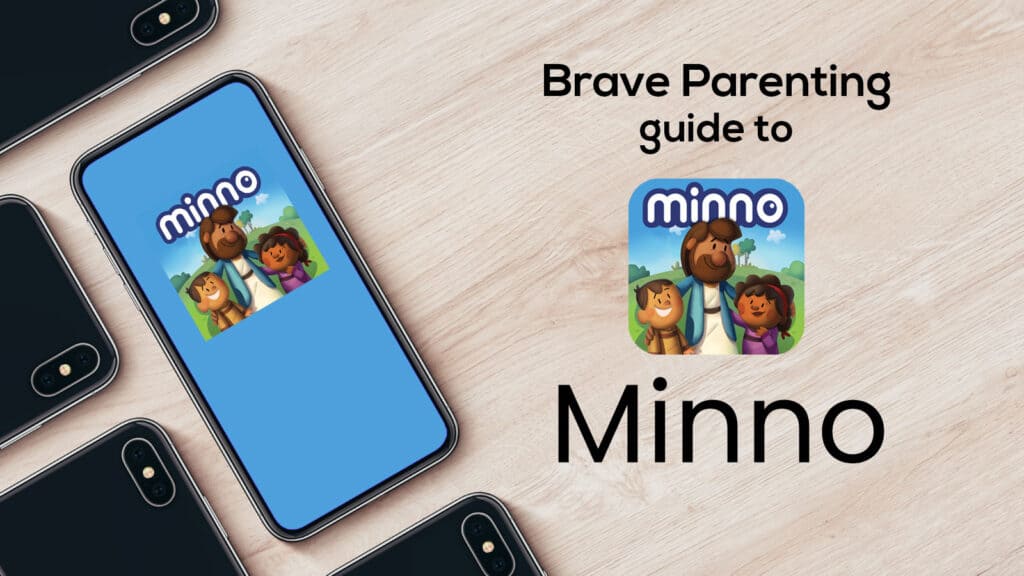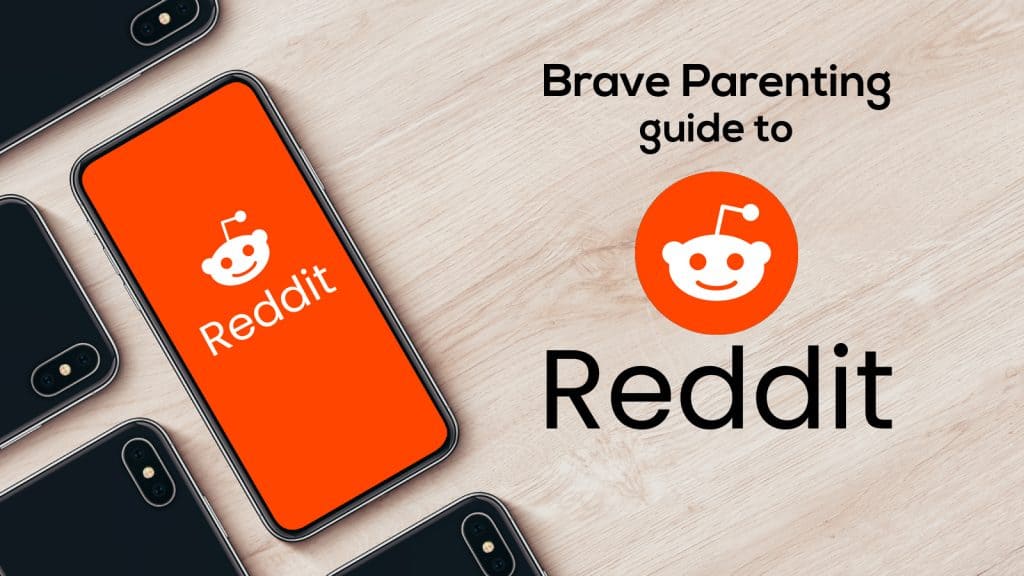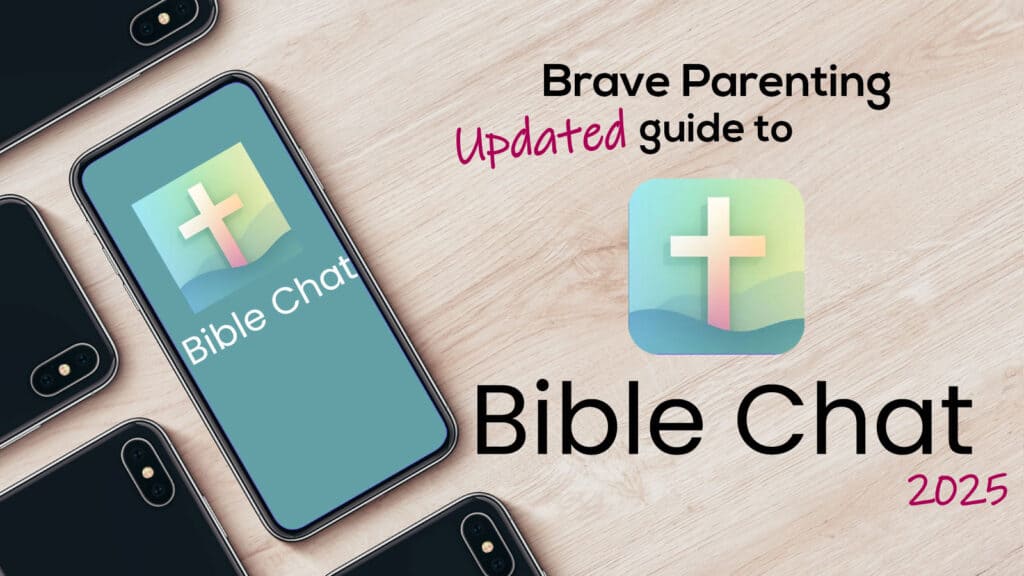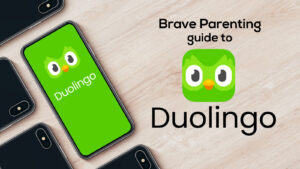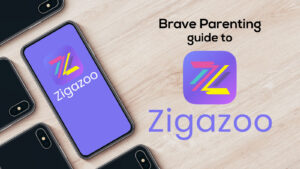Telegram is a free messaging app and one of the world’s top five most downloaded apps, with over 950 million active users. The app gained worldwide attention as the hub of criminals, including drug traffickers, money launderers, and terrorists.* Our guide equips parents with basic facts and a biblical approach to Telegram.
*See more under Biblical Considerations below.
Here are 5 facts every parent needs to know about Telegram.
#1 Telegram Basics (& Premium)
Telegram is a messaging app similar to Meta’s Whatsapp that allows users to send messages, photos, videos, and files of any type. It is like combined text and email but also supports voice and video calls. According to Telegram, what makes it different is its focus on speed and security.
Unlike Whatsapp, Telegram is a cloud-based messenger with “seamless sync,” which means you can access messages from several devices at once (i.e., your phone and your desktop computer)
Telegram also has an open API, meaning anyone can access its code and create bots, stickers, and plug-ins for use in the app. (All of which is unmoderated.)
A premium account costs $4.99/month or $35.99/year. The subscription grants many extra privileges, ranging from real-time language translation, cloud storage, and faster download speeds to infinite reactions, premium tickets, and animated profile pictures.
The sheer amount of upgrades offered with a Premium account reveals the volume and complex intricacies of this app.
#2 Creating a Telegram Account
The only information needed is a phone number—no name, no date of birth—just a phone number. A username can be created under the profile if you want to be publicly searchable. All profiles are public by default but can be made private.
Telegram requires access to the user’s phone contacts to help connect them with others already on the platform. You can write to anyone on Telegram if you know their phone number or username. Usernames can be set to PUBLIC, so anyone can message a public username.
The app displays a user’s “last seen time.” This can be modified under settings but defaults to allowing everyone to see it. Premium subscribers can view “last seen time” of others even if they hide their own. Notably, this is a concerning feature for teens. Their online habits and routines can be tracked by predators or individuals with malicious intent.
#3 Telegram Groups & Channels
A Telegram group, similar to Discord and GroupMe, is a community of up to 200,000 members. The groups can be public or private but do not use end-to-end encryption. The creators cite this as an “extremely powerful communication tool.” Impressionable teens, however, rarely benefit from a global community focused on one theme, interest, or disillusionment.
Group features include:
- Users can edit or delete messages in the group so they disappear for everyone.
- Replies, mentions, and hashtags to “keep the conversation efficient.”
- Administrators can be appointed with the ability to mass delete messages, control membership, and pin important messages.
Telegram Channels are a tool for broadcasting messages to large audiences. The number of subscribers a channel has is unlimited.
Channel features include:
- A post on a channel is known as a broadcast.
- Users can comment on broadcasts but cannot initiate them.
- Each broadcast has a view counter that updates when the message is viewed, including its forwarded copies.
#4 Telegram Secret Chats
Secret Chats allow for the highest level of privacy in messaging. It should go without saying that this is the last thing teenagers need. Predators, extortionists, and bullies can lure teens off of other platforms and onto Telegram to evade being caught.
A Secret Chat can be started with anyone with a global/public or known handle. (We don’t know Mr. Falcon – we simply found his public profile.)
Secret Chat features include:
- End-to-end encryption (visual key matched only with known recipient)
- Self-destruct timer (set anywhere between 1 second and 1 week and begins after first read/opened).
- Messages are not stored in the cloud (no trace of them on Telegram servers)
- Forwarding messages is prohibitted (the sender is notified a screenshot is taken).
#5 Age-Rating & Telegram Review
Apple App Store: 17+
Google Play: Mature 17+
Common Sense Media: 17+
Brave Parenting: Not Recommended
Have you noticed in the images we’ve included in this review how “juvenile” Telegram seems to be? Its mascot is the rubber duck, and all of its advertisements are cartoons.
The selection of memes, stickers, and emojis is more than we’ve ever seen – even on apps designed specifically for adolescents. Isn’t this a bit strange for an app that seems to market itself for business and customer communication?
We believe the reasons for restricting this app are obvious. Global access to others who can send secret chats, large files, and who can track your online activity is a toxic and tragic concoction. Regardless of how tech-savvy a teen may be, their age and experience rarely grant them comprehension of the breadth and scope of malicious individuals across the globe. And when everything looks and feels so fun and playful, it can be even harder to discern good and evil.
Some may use Telegram for purposeful and beneficial reasons, but because its features allow for criminal activity it is no place for teenagers.
Biblical Considerations
Telegram came onto most people’s radar when, on October 7, 2023, the terrorist group Hamas used Telegram to broadcast first-person videos of their attack on Israeli southern communities, massacring some 1,200 people, mostly civilians. The videos were then downloaded and shared across other social platforms.
Telegram has been under scrutiny since then, and in August 2024, the app’s founder and CEO, Pavel Durov, was arrested in France over suspected criminal activity on the platform and the failure of the company to hand over data related to criminal investigations.
In September 2024, the New York Times published an article titled, How Telegram Became a Playground for Criminals, Extremists and Terrorists.
“Telegram has become a global sewer of criminal activity, disinformation, child sexual abuse material, terrorism and racist incitement, according to a four-month investigation by The New York Times that analyzed more than 3.2 million Telegram messages from over 16,000 channels.”
Since then, Telegram has responded with press releases pointing to how many tens of thousands of groups and channels they block daily and the millions of pieces of content they remove that violate their terms of service.
As Christians, sin and brokenness should not shock us. Jesus proclaimed: “For out of the heart come evil thoughts—murder, adultery, sexual immorality, theft, false testimony, slander” (Matt 15:19). Without Christ, the unredeemed heart will follow and act on its evil thoughts. Not so with those who are in Christ. As the apostle Paul wrote to the first-century church in Rome, “Hate what is evil; cling to what is good” (Romans 12:9), we, too, must reject anything that allows and promotes evil today.
Most apps are non-essential for our daily life. Just because we can access an app that allows for fast and easy encrypted messages does not mean we should. Just because something exists doesn’t mean God caused it. Much like free speech, free will is granted in recognition of the risks. As Christ’s followers, we are charged to discern and choose what is good. Paul emphasized this point in his letter to the Corinthians.
“I have the right to do anything,” you say—but not everything is beneficial. “I have the right to do anything”—but not everything is constructive” (1 Corinthians 10:23).
Not everything is beneficial; not everything is constructive. For all the benefits the internet brings, so much of it is not constructive in the life of a believer.
Parents, it is our job to teach and model biblical wisdom and discernment with all things of the internet.

